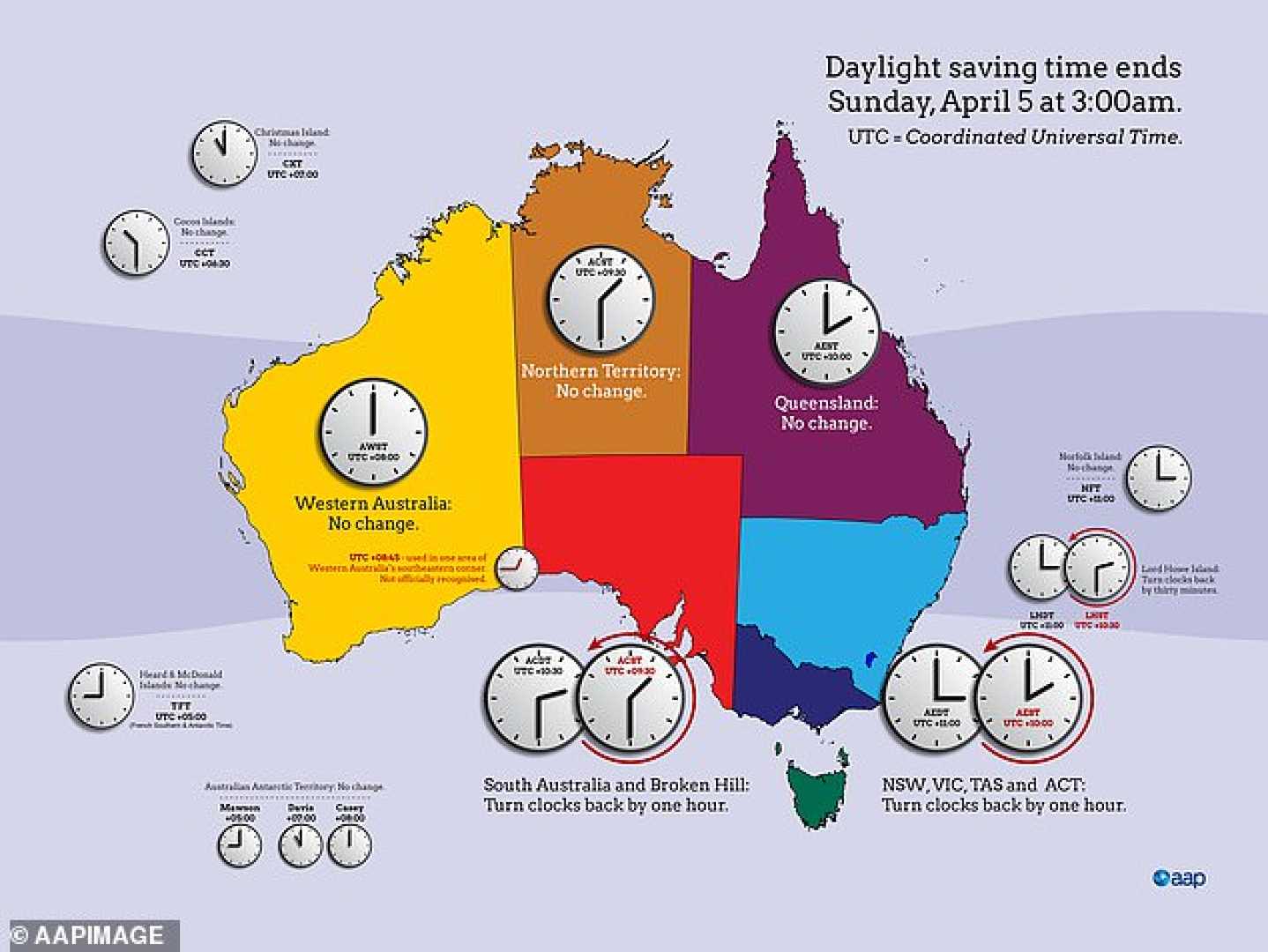News
Growing Support for Daylight Saving in Queensland Sparks Ongoing Debate

In Queensland, the debate over daylight saving time, which has lingered since the 1970s, is seeing renewed interest. This comes 30 years after a referendum in 1992 resulted in a 55% majority vote against implementing daylight saving time in the state. Despite this historical decision, an Australia-wide survey conducted in April 2024 by Associate Professor Thomas Sigler from the University of Queensland revealed that 66% of Queenslanders currently favor aligning with southern states, which practice daylight saving. In the state’s southeast, that number rises to 70%.
According to the Australian Bureau of Statistics, Queensland experienced substantial population growth with over 116,000 new residents in 2022–23, prompting calls for renewed discussions about adopting daylight saving time. Dr. Sigler pointed out that Queensland remains one of three Australian jurisdictions, alongside Western Australia and the Northern Territory, that do not annually adjust their time zone. He emphasized the polarizing nature of the topic, with white-collar workers generally supporting the change, whereas tradies and laborers mostly oppose it.
Daylight saving time was initially introduced in Australia during World War I and again in World War II to conserve energy and fuel. In Queensland, it was trialed between 1971–72 and later from 1989 to 1992 before the failed referendum. Some residents express concern over agricultural impacts, with opponents arguing that the change could lead to longer, hotter days critical for morning farm routines. Support for daylight saving appears to dwindle as one travels further north or west in the state. Mount Isa Mayor Ernie Camp voiced concerns that the majority could overpower the needs of smaller communities like Burketown, intensifying regional adversity.
However, there are claims that the state could benefit economically, with organizations like Daylight Saving 4 Queensland suggesting that not implementing the time change could cost $4 billion annually. Nick Lloyd, a researcher for the group, argued that road safety might improve with daylight saving, as extended daylight could lead to safer commutes. He highlighted that many young Queensland residents have never experienced daylight saving or had the chance to vote on it.
Andrew Tribe, who manages a caravan park at the Queensland-New South Wales border, faces logistical issues owing to the time difference. He expressed the need for unified time zones along the east coast for consistency. With daylight saving in effect, community operations and interactions become complicated, splitting towns like Coolangatta and Tweed Heads administratively.
The debate also touches on deeper issues of state identity and unity. Mark McLatchey, chairman of the Coolangatta Bowls Club, mentioned the COVID-19 pandemic, which exacerbated the division when border controls were tightened. He noted the community’s desire for harmony and continuity across the border regions.
Despite ongoing conversations and the evident divide across the state, both major political parties in Queensland have ruled out changing the time zone. The state government has stated that daylight saving is not under consideration, and the Liberal National Party (LNP) asserted a trial is “not on the table.” This stalemate indicates that the discussion about whether Queensland should adopt daylight saving remains unresolved and will likely persist in the coming years.












